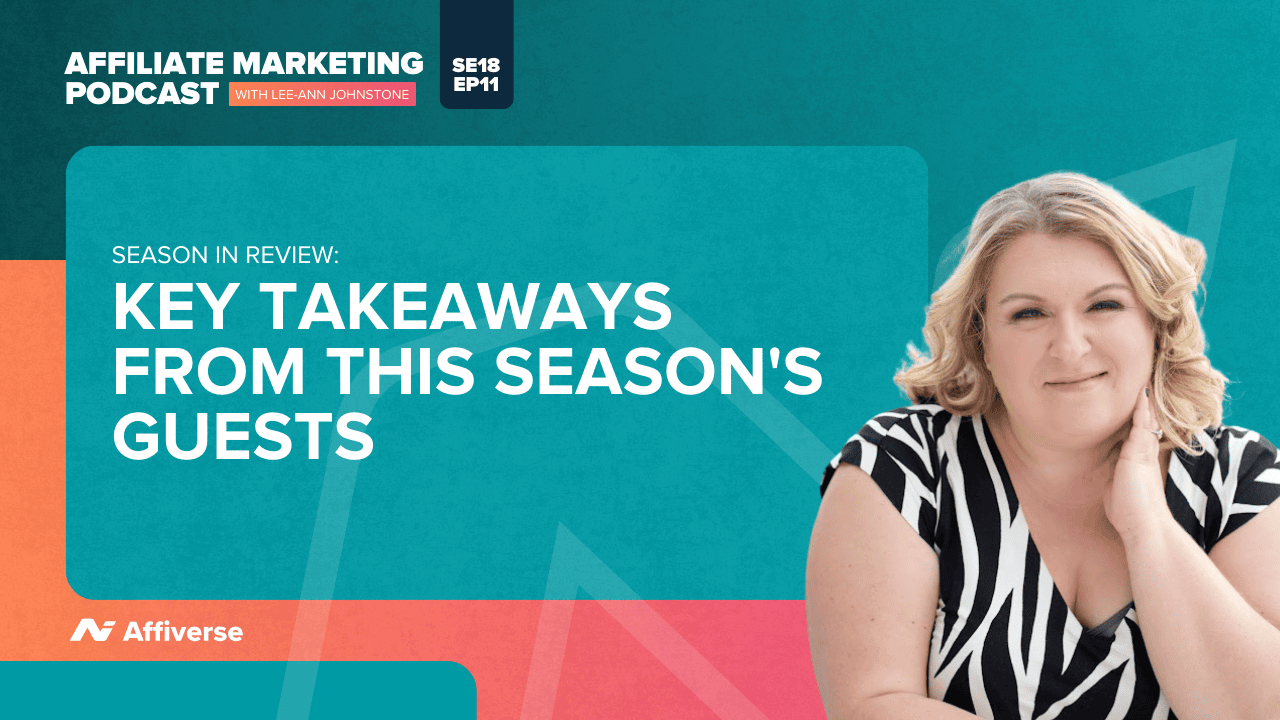Utility apps—such as VPNs, ad blockers, file cleaners, and device optimisers—are gaining momentum in the affiliate marketing space, particularly in regions like India and the United States.
The demand for these apps is increasing due to growing concerns around privacy, security, and device performance.
For affiliates, this presents an opportunity to tap into a high-demand market segment with a global appeal. Here’s how utility apps are reshaping affiliate marketing and the strategies affiliates can use to benefit from this trend in 2025.
Why utility apps are in high demand
Utility apps provide essential functions that enhance the user experience by addressing everyday digital concerns. VPNs help users secure their internet activity, while ad blockers and device cleaners contribute to smoother, faster browsing and device performance. These apps are particularly popular in regions with high mobile usage, where data privacy and optimised device performance are priorities.
This trend is gaining traction in markets like India, where mobile penetration is rapidly increasing, and the United States, where privacy concerns are top of mind for consumers.
Affiliates benefit from promoting utility apps as these products have universal appeal and a clear use case. They meet specific needs that resonate with a broad audience, from privacy-conscious individuals to users looking to improve their device performance.
Mobile-first approach is key
As utility apps are mostly mobile-centric, affiliates need to adopt a mobile-first approach when promoting these products. This means optimising affiliate content for mobile devices, whether through responsive website design or mobile-friendly ad formats. Social media platforms like TikTok and Instagram, which see high mobile engagement, are ideal channels for promoting utility apps, especially given their popularity among younger users who prioritise privacy and functionality.
Content should be quick and to the point, highlighting the app’s main benefits in a way that resonates with mobile users. For example, promoting VPNs with a focus on security benefits can catch the attention of users concerned about data privacy on their mobile devices.
Affiliates should also consider video content and short tutorials to explain the app’s features, which can be more engaging for mobile audiences.
Tailoring campaigns for specific audiences
While utility apps have universal appeal, certain demographics are particularly interested in these tools. Privacy-conscious users and mobile gamers, for example, often seek out VPNs and ad blockers. Affiliates can create campaigns tailored to these audiences by highlighting benefits that speak directly to their needs.
For privacy-focused users, campaigns that emphasise data protection, encryption, and the ability to browse securely are likely to resonate. For mobile gamers, focusing on ad blockers and device optimisers that can improve gaming performance might be a more effective approach. By creating targeted campaigns, affiliates can engage different audience segments with content that speaks to their specific concerns.
Leveraging limited-time offers and free trials
One of the effective tactics for promoting utility apps is leveraging limited-time discounts and free trials. Many VPNs, ad blockers, and cleaners offer free trials or introductory discounts, which can attract first-time users. By promoting these deals, affiliates can appeal to users who want to try out a service without committing to a purchase.
Highlighting these promotions creates a sense of urgency and reduces the risk for users, making them more likely to download and test the app. Affiliates can include call-to-action buttons in their content to make it easy for users to access these offers, improving conversion rates. Promoting free trials also allows users to experience the app’s value firsthand, increasing the likelihood of converting to paid users.
Emphasising the importance of privacy and security
Data privacy and security are increasingly important to users, especially with the rising awareness of online risks. Utility apps that address these concerns, such as VPNs and ad blockers, align with this growing trend. Affiliates can create content that emphasises the importance of privacy, positioning these apps as essential tools for maintaining control over personal information.
Highlighting statistics on online security threats or showing how data can be exposed without protection can be effective in convincing users to download these apps. By framing utility apps as essential for digital safety, affiliates can make their promotions more relevant to users concerned about privacy.
Conclusion: utility apps as a promising affiliate niche
Utility apps offer affiliates a promising niche with high demand and a wide audience. By adopting a mobile-first approach, creating targeted campaigns, and leveraging promotions like free trials, affiliates can make the most of this growing segment.
As privacy and device performance become top priorities for users, utility apps are likely to remain a lucrative area for affiliates in the coming years.




















